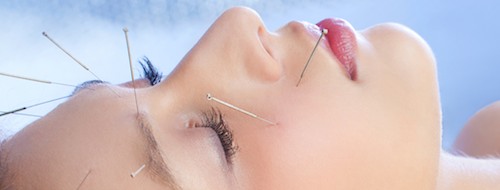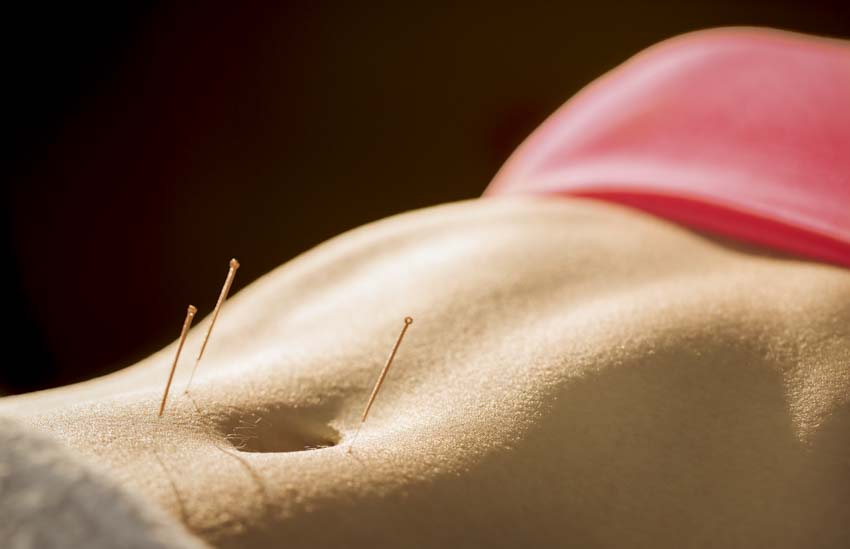Acupuncture outperforms drug therapy for the treatment of Alzheimer’s disease (AD). First Affiliated Hospital of Tianjing University of Traditional Chinese Medicine researchers compared the effect of acupuncture with donepezil drug therapy for the treatment of Alzheimer’s disease. [1] Acupuncture produced superior patient outcomes compared with the drug therapy. In addition, acupuncture did not produce any serious adverse effects.
After treatment, scores in both groups were increased compared with those before treatment. Acupuncture yielded better treatment results regarding all parameters compared with the drug therapy and there was a significant difference between the two groups.
While donepezil is effective, the downside is that the medication caused one case of stomach discomfort and eight cases of low appetite, nausea, diarrhea, and insomnia. The medication is contraindicated for patients with epilepsy, asthma, or chronic obstructive pulmonary disease. It also increases the risk of developing gastric ulcers. [2] The researchers conclude, “Acupuncture is applicable to the vast majority of patients and has very limited side effects.”
Basis
The researchers provide a brief synopsis of the Traditional Chinese Medicine (TCM) understanding of Alzheimer’s disease. In TCM, Alzheimer’s disease falls under the Chi Dai (mental deficiency), Yu Chi (lack of cognitive ability), Shan Wang (forgetfulness), or Yu Zheng (depression) class of disorders. According to TCM principles, Alzheimer’s disease is related to three major organs: heart, kidney, brain. It is written in the Su Wen (the Plain Questions) that the “heart governs the bright spirit” and that the “brain is the house of the original spirit.” Here, the bright spirit refers to life activities, including both mental and physical activities. The original spirit refers mainly to mental activities, such as learning, reading, and thinking. [3]
In the Ling Shu (Magic Pivot), it is written that the “Kidney stores essence, essence generates marrow, and the brain is the sea of marrow…. deficiency in the sea of marrow can cause mental deficiency and loss of memory.” The treatment principle is to boost qi, move the blood, regulate the spirit, and sharpen cognition.
The researchers also provide a historical context for the protocol used in the study. Baihui and Shenting are located on the du meridian (governing vessel). According to the Nan Jing (Classic of Difficult Issues), the du meridian “finally enters into the brain.” Needling Baihui and Shenting boosts qi, moves the blood, regulates the spirit, and sharpens cognition. Needling Fengchi and Wangu quiets the spirit, wakens the brain, sharpens hearing, and brightens the eyes. Needling Danzhong, Zhongwan, and Qihai courses the liver, resolves depression, boosts qi, and moves the blood. Xuehai is located on the foot taiyin spleen meridian. Zusanli is located on the foot yangming stomach meridian. Needling Xuehai and Zusanli strengthens the spleen and stomach, which also helps to boost qi and move the blood.
Summary
Modern research supports the use of acupuncture for the treatment of AD. Acupuncture improves cognitive functions and living ability for AD patients without causing severe side effects. Given that acupuncture outperforms donepezil, it is worthwhile to test a combination of acupuncture and donepezil in an integrated protocol to determine whether or not the combination is synergistic. The hope is that a comprehensive treatment strategy will yield substantial results in the fight against Alzheimer’s disease.
References
[1] Gu W, Jin XX, Zhang YJ, Li ZJ, Kong Y. Clinical observation of Alzheimer’s disease treated with acupuncture [J]. Chinese Acupuncture and Moxibustion, 2014,34(12):1156-1160.
[2] Kuang BP. Drug science for neurological disease [M]. Beijing: People’s Medical Publishing House, 2008: 560-561.
[3] Li SH, Chen BG. Brief discussion on “heart governs the bright spirit” [J]. Tianjin Journal of Traditional Chinese Medicine, ,2009,26(05):396-397.
Source: HealthCMi







